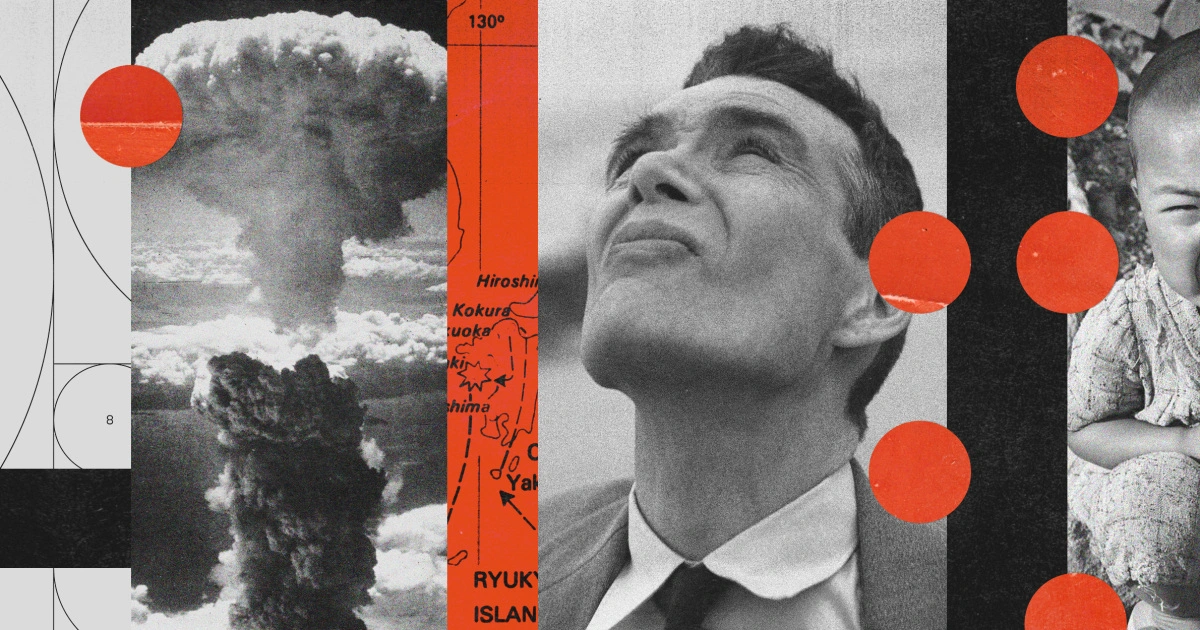It was a joke to lighten the tension but mine really didn't cover much of anything in Asia. All right. Let's get serious.
I can't comment on Japanese crimes, though, because while yes I am not as well-versed in the history as I am in Western history, I'm still not going to comment because I'm actually not in the group that suffered from Japanese war crimes.
I'm also not about to get into a body count contest because that way lies madness and a whole bunch of "well, this justifies this" arguments.
But if you must know what I think about your Nanking argument, it's this. The atomic bomb was not intended as retaliation for Japan's crimes against China. The uS did not have the right to retaliate against Japan for crimes done to China. Pretty sure the Chinese, if asked, would not have voted to have a nuclear detonation so close to their country given the risk of enviromental destruction.
It wasn't retaliation for anything, it was entirely about prevention. So, it can't be justified by well... ANYTHING Japan did because it wasn't a response to anything Japan did. It was, pure and simple, a show of force on the part of the United States to establish that "Hey, we will END this war."
Furthermore, if it was justified well... it wouldn't be by virtue of the fact that those are civilian cities. We all agreed on the Geneva Conventions and the other treaties making up the Law of Armed Conflict that war crimes don't justify other war crimes, and the principles of military necessity, humanity and proportionality tell us it's a war crime to drop a nuclear bomb on a civilian-occupied city. All of these treaties came after World War II, of course, but they were informed by the events on the Pacific Front.
Basically, the actions of Japan and the actions of the United States in World War II were so terrible that International Law was agreed upon to make sure that people who performed any such action in the future even during wartime would be tried and imprisoned, and that any attempt to use actions like that to retaliate for actions like that would also be prosecutable.
Which is to say, the world as a WHOLE agreed that Japan's military behavior, while horrible, did not justify retaliation against civilians and did not justify the atomic bomb and so on. The entire world agreed that war crimes retaliating for other war crimes were not justified.
This did not stop the nuclear arms race, of course, because everyone involved knew from Mutually Assured Destruction no one would be around to try the guys who started a nuclear war in the end. But suffice it to say, any use of a nuclear weapon is wrong.

